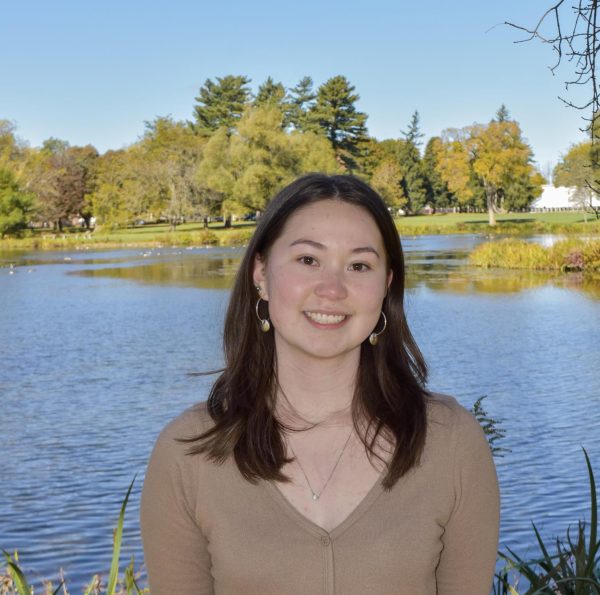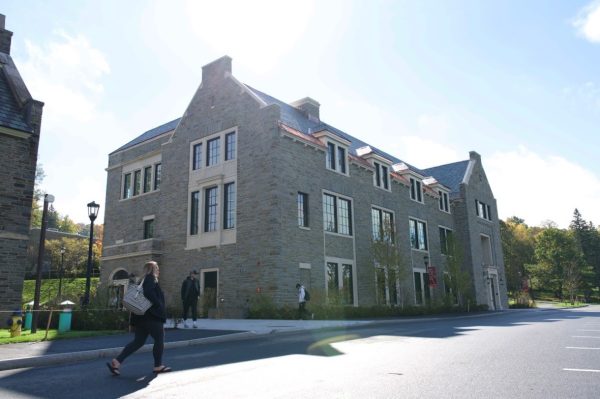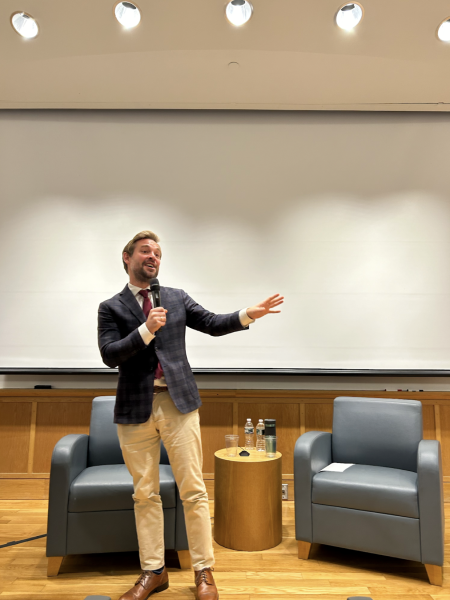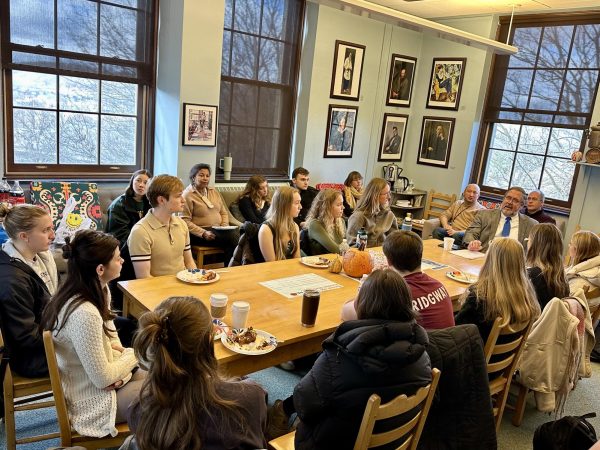Professor Sasha Turner Gives Annual Douglas K. Reading Lecture
The Colgate University History Department held its annual Douglas K. Reading Lecture on Monday, Oct. 24. This year’s guest lecturer was Professor Sasha Turner, an associate professor of History at Johns Hopkins University. Turner is the author of the award-winning book “Contested Bodies: Pregnancy, Childrearing and Slavery in Jamaica,” which focuses on enslaved women and childbirth in Jamaica.
In her lecture, she discussed her current research, borne out of her emotions while writing her book, which aims to highlight the role emotions played for enslaved women in terms of both motherhood and the death of their children.
Turner’s lecture centered around the diary of Thomas Thistlewood, an enslaver in 18th-century Jamaica. He kept detailed accounts of his life as well as major events in the lives of some of the enslaved people he interacted with frequently. Turner also focused on an enslaved woman named Abba. According to Thistlewood’s diaries Abba had between 10-15 pregnancies. One heavily detailed account, which Turner uses as a key point in her research, describes Abba’s pain at the death of her son Johnny. Thistlewood even allowed a funeral and memorial for Abba’s son.
“Thistlewood ordered Johnny’s grave to be placed near Abba’s house,” Turner said. “[This] was an important cultural practice.”
Thistlewood proceeded to allow Abba to hold a funeral and subsequent memorial for her son, something that deviates from his behavior throughout the rest of his diary. Turner argued that this is evidence of Abba noticing how Thistlewood valued displays of grief previously, most notably, giving out gifts to those who grieved after the death of his nephew.
Turner challenged the traditional narrative of enslaved women as simply using their sexuality as a weapon and instead focused on Abba as a “theorist” who used previous experiences with Thistlewood to inform her interactions with him. Turned described how Abba “exploited sentiments” and feelings, drawing on Thistlewood’s vulnerabilities to survive.
Sophomore Leah Massa attended the lecture and found it informative as well as found connections with her other history classes within Turner’s research.
“I found [Turner] very engaging as she told the narrative and she was very comprehensive while answering questions after the fact,” Massa said. “I feel like it reaffirmed many discussions I had when I was in History Workshop about having active conversations with archives, understanding their silences, and giving agency to your subject.”
Sophomore Georgette Manos was interested in how Turner’s use of Thistlewood’s diaries highlighted Abba’s story.
“The Sasha Turner Lecture directly correlates to what we have been talking about in my History Workshop. The archives have silences, where often women and people of color are not represented or even have their stories heard, but in Thistlewood’s diaries, Turner was able to find the story of Aba and give light to her voice and experience. However, what I enjoyed most about Turner’s lecture was not that she just discussed Aba’s life through Thistlewood’s eyes, but rather demonstrated Aba’s agency through the archive,” Manos said.

Samantha Wotring is a senior from Houston, Texas, majoring in English creative writing and history. She has previously served as an Assistant News Editor...






